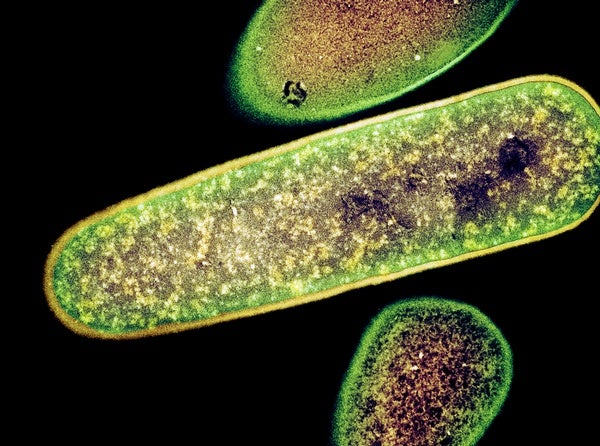A Clarification about Fecal Microbiota Transplantation - Scientific American

We emphatically agree with Lee Jones' perspective in the essay “We’re Starting to Harness the Microbiome to Treat Disease” that regulated oversight of fecal microbiota transplantation (FMT) is vital for appropriate safety and stewardship of this investigational treatment.
However, the author failed to mention that FMT is now recommended by infectious disease and gastroenterology societies as the standard of care for recurrent C. difficile infection that has failed antibiotic therapy. Indeed, in their most recent guidelines, the British Society of Gastroenterology recommends that "where possible, FMT is best sourced from a centralized stool bank, from a healthy unrelated donor."
Much like blood banks, stool banks create economies of scale and allow for standardization of oversight and safeguards that physicians screening their own stool donors would struggle to replicate. Centralized stool banks are a key part of the strategy to protect patients from risks associated with unregulated or “do it yourself” FMT. The FDA's safety alert, concerning a death that occurred due to an antibiotic-resistant bacterial infection after an FMT, underscores the need for rigorous, standardized screening processes—whether FMT is being provided by a commercial entity pursuing FDA approval or by hospitals running their own FMT programs.
Since the FDA announced the policy of enforcement discretion in 2013, a working group convened by the National Institutes of Health (NIH) sought expert opinions from across industry, medicine and law, and published a set of recommendations in 2017 on long-term regulation of FMT and microbiome-based therapies. OpenBiome supports the regulatory framework recommended by this working group, which would enable stool banks to continue serving the 75 percent of patients with C. difficile that do not qualify for current industry-led clinical trials, and would enable strong oversight and enforcement of harmonized and rigorous screening for all FMT in use across the field.
OpenBiome, a nonprofit, public stool bank, screens healthy donors to provide material for FMT, and distributes treatments to physicians across the U.S. We accept less than 3 percent of prospective donors. OpenBiome has provided more than 45,000 treatments over six years for C. difficile without a reported incident of infectious disease transmission like the antibiotic-resistant bacterial infection that triggered the FDA's safety alert (for avoidance of doubt, OpenBiome did not supply the material involved in these events).
Because our stool bank supports clinical research, our manufacturing program and each trial operates under FDA oversight—the same oversight applied to industry-led clinical trials. It is misleading of the author to suggest that stool banks have been sending out unqualified and unregulated material. We note that under the current paradigm, however, one could hypothetically provide FMT material without this same degree of rigor and oversight for C. difficile.
We strongly agree that material from stool banks for clinical use in C. difficile should be appropriately regulated so that physicians can continue to provide this life-saving treatment.
https://ift.tt/326RML1

Comments
Post a Comment